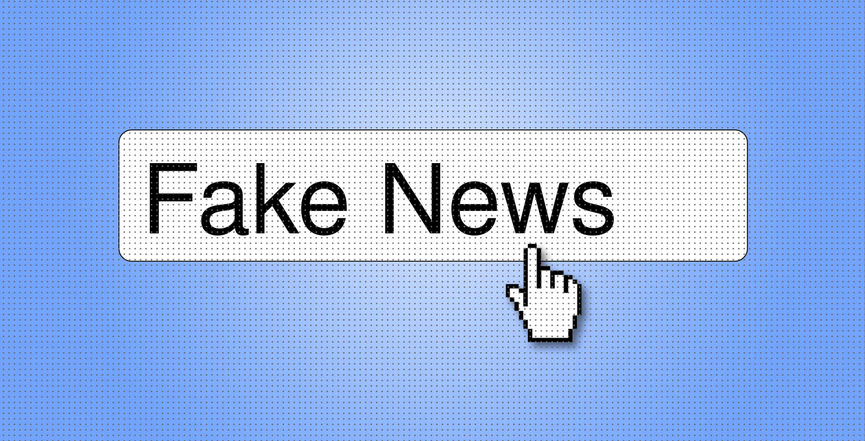I read recently in The Guardian that social media trolls are spreading fake news that the raging bush fires in Australia were set by arsonists and are not linked to climate change. Shifty ministers in the British government of Boris Johnson picked up and repeated this claim. This is fake news.
Another example: prior to the Canadian federal election in 2019, there were stories circulating that Justin Trudeau had converted to Islam. They were false.
At around the same time, I had a rather heated discussion with someone who criticized Canadian media for reporting that Syrian dictator Bashar al-Assad had used poison gas on his own population. Never happened, said my dinner partner, who referred me to some conspiracy theory websites and Russia Today, a Russian television network which regularly traffics in overt propaganda.
Bad actors
I could give many more such examples and no doubt you can too. There was a time, not so long ago, when many, including Facebook founder Mark Zuckerberg, believed that information shared on social media would bring us all closer together. Not only that, but the web could also democratize the process of news gathering and dissemination. Anyone with a smart phone and a Facebook account, or access to any number of other platforms, could be his or her own journalist, replacing the professional gatekeepers in traditional news media.
There has indeed been a quantum leap in the ability to communicate. But the new technologies have been seized upon by various bad actors to manipulate social media for their own ends, sowing the kind of fake news to which I referred above, and worse. I am thinking particularly of racists, white supremacists, climate change deniers and authoritarian regimes in China, Russia, Turkey, Burma and the Philippines, not to mention a certain American president.
Social media giants such as Facebook are allowing these tyrants to get away with it. In their pursuit of profit, these companies have chosen not to engage in the kinds of news protocols and fact-checking which have long existed in traditional news media. These social media giants should be regulated in a manner which imposes upon them a measure of responsibility for the veracity of what appears on their platforms. European governments have begun to do that, but not so the U.S. and Canada.
There is only so much that we as individuals can do about regulating Facebook, but there certainly are things we can do to protect ourselves against false information and fake news.
Gatekeepers
I have a younger acquaintance who works as an editor for the CBC News Network. In the wee hours of each morning he is at his desk contacting CBC journalists in the field; following what is being carried by other media; talking to far flung stringers about what they are seeing and hearing; watching videos produced by those stringers or others and attempting to verify their accuracy. Only then does he choose video material and write accompanying copy for his hosts. After all of that, everything is double-checked by senior producers and editors before it is broadcast.
Of course, the news media are far from perfect. I have no time for the editorials of the National Post. Yet in the main I trust the reporting and news protocols of our mainstream news outlets. They deal in facts and they do fact checking.
Believe them
When the CBC, The Globe and Mail, Maclean’s, Huffington Post or (further abroad) The New York Times or the BBC tell us that in Syria, Assad is using poison gas on his own population, I believe them. I am immediately skeptical when acquaintances point me to information they have seen on their social media feeds by sources who are either blatant propagandists or whose existence is shrouded in secrecy.
My news diet doesn’t end with the mainstream media because they are generally far too conservative in their orientation. For a more left-of-centre perspective, I follow online outlets such as rabble.ca (to which I occasionally contribute), The Tyee and National Observer, which is especially good on environmental issues. Farther afield, I like The Guardian, which carried the story above about fake news and the Australian bush fires.
The most important thing is to choose a few trusted news sources for information about what is going on in the world. Watch them with a critical eye, of course, but stay with them.
Dennis Gruending is an Ottawa-based author and a former member of Parliament. His latest book is Speeches That Changed Canada.
Image: Christoph Scholz/Flickr



